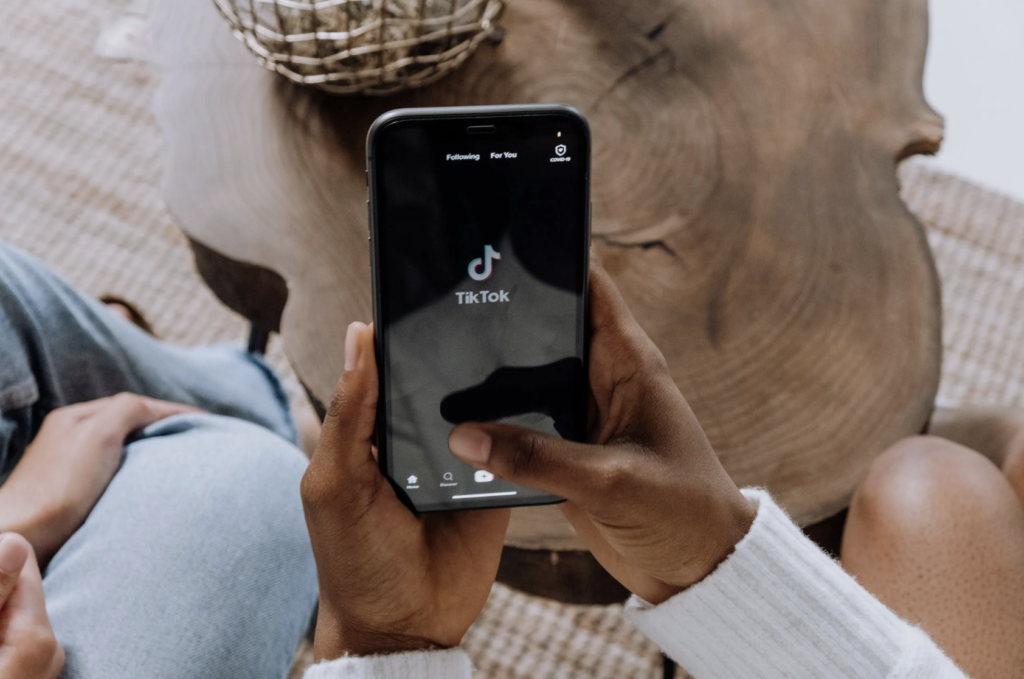TikTok CEO in Hot Seat after Congress Interrogation
TikTok CEO Shou Chew appeared in front of congress for the first time last Thursday in an attempt to defend grilling claims that his app fails to protect the privacy and well-being of its U.S. users.
With over 150 million active U.S. users, TikTok’s popularity has sparked concerns with lawmakers considering its Chinese influence, range of data, and impact on young people’s mental health. The app is currently banned on all U.S. federal government issued devices, but there’s a bipartisan push to possibly ban the app entirely.

At the beginning of the five hour testimony, Chew was berated with questions concerning ByteDance, TikTok’s parent company. Lawmakers suspect that several executives at ByteDance, who are associated with the Chinese Communist Party, have access to large data collections that could threaten national security. Though Chew claims that TikTok isn’t owned by the Chinese government or even available in mainland China, lawmakers theorize that information is being withheld concerning the company’s true relationship with the Chinese government.
Furthermore, lawmakers questioned Chew on the amount and type of data being collected from its users. Chew argued that TikTok, which is based in Los Angeles and Singapore, collects a similar amount of data as other companies in the industry such as Facebook or Twitter. While the app tracks your comments, liked videos, private messages, and sometimes contact lists and geolocation, Chew claims that these privacy and security concerns are not unique to them.
“This is data that is frequently collected by many other companies in our industry,” said Chew when asked to pledge against using location and health data entirely.
“I know other companies do it…You said you want to be a good actor, so why not make that commitment to me today?” asked Rep. Frank Pallone, D-New Jersey, in response.
Another key point of focus was the well-being of children who are exposed to triggering or harmful videos through TikTok. Rep. Gus Bikirakus, R-Florida, explained the tragedy of Chase Nasca, a sixteen-year-old boy from New York who ended his life after being shown pro-suicide content on his “For You” page. According to Chew, TikTok has considerations built in for younger users, including an automatic 60-minute daily limit, parental controls, and a STEM video project designed for children with around 116 billion views. Lawmakers argue that these measures aren’t enough.
“It is unacceptable that even after knowing all these dangers, you still claim TikTok is something grand to behold,” Bikirakus said.
Throughout the testimony, Chew appeared to face many dead ends, with his responses unconvincing to the lawmakers who had seemingly already made up their minds on the issue. Lawmakers argued that Chew constantly ran in circles and avoided direct answers.
“I don’t believe that TikTok —that you—have said or done anything to convince us,” said Rep. Anna Eshoo, D-California following Chew’s claim that TikTok has never provided data to the Chinese government.
Despite the attacks, Chew took a benevolent approach to the committee’s concerns, making commitments to prioritize teen safety, keep TikTik a platform of free expression, continue transparency of his commitments, and implement Project Texas— a $1.5 billion plan to store all U.S. data in the U.S and firewall it from foreign access.
Looking forward, the next steps seem unclear. Lawmakers’ opinions range from forcing ByteDance to sell TikTok, further investigating TikTok’s threat to national security, and determining whether a ban is necessary.
“With data comes power. They can choose what you see and how you see it, they can make you believe things that are not true, they can encourage you to engage in behavior that will destroy your life,” said Rep. Daniel Crenshaw, R-Texas, as a closing statement to younger TikTok users. “Even if it is not happening yet it could in the future.”









